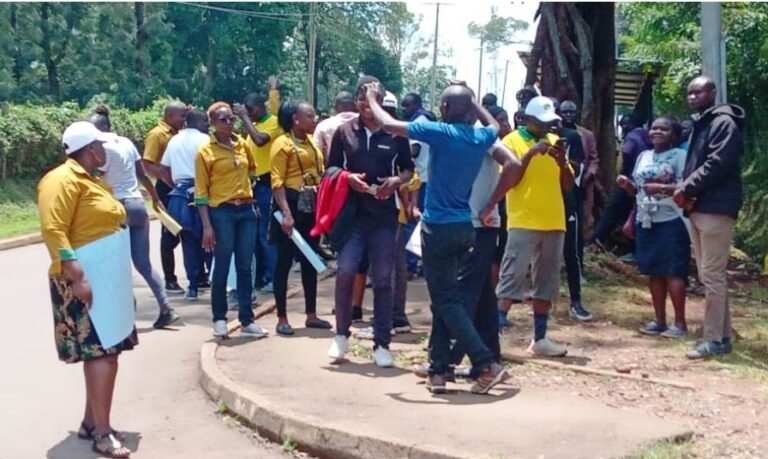Thousands of teachers stationed in difficult environments continue to face uncertainty over fair compensation, as the Teachers Service Commission (TSC) maintains the use of a 1997 legal framework to guide hardship allowance payments.
Appearing before Parliament’s Implementation Committee, TSC’s Acting CEO Eveleen Mitei defended the Commission’s actions, stating that no revisions had been made because the Public Service Commission (PSC) is yet to issue new guidelines. This response was prompted by Committee Chair Raphael Wanjala, who criticized the current criteria as outdated and unfair, especially when different areas within the same constituency are treated unequally.
MPs further alleged that some teachers manipulate the system by bribing officials to be posted in hardship-allowance zones, resulting in overstaffed urban schools and neglected rural ones. Kajiado East MP Kakuta Ole Maimai confirmed that rural areas in his constituency lack teachers, while town schools have more staff than needed.
In May, Musalia Mudavadi, the Prime Cabinet Secretary, announced that the government would save Sh6 billion by implementing a new hardship area classification. However, in July, Public Service CS Geoffrey Ruku halted this plan due to national protests and dissatisfaction from civil servants and political leaders.
Nyando MP Jared Okello criticized the abrupt suspension of the review without parliamentary input, urging Speaker Moses Wetang’ula to summon the CS for clarity. Wetang’ula advised Okello to formally write to the House leadership on the issue.
Hardship areas are generally defined as those lacking critical amenities like water, schools, roads, and healthcare. MPs insist that current classifications no longer reflect on-the-ground realities and must be re-evaluated to uphold constitutional rights to fair labor practices.





